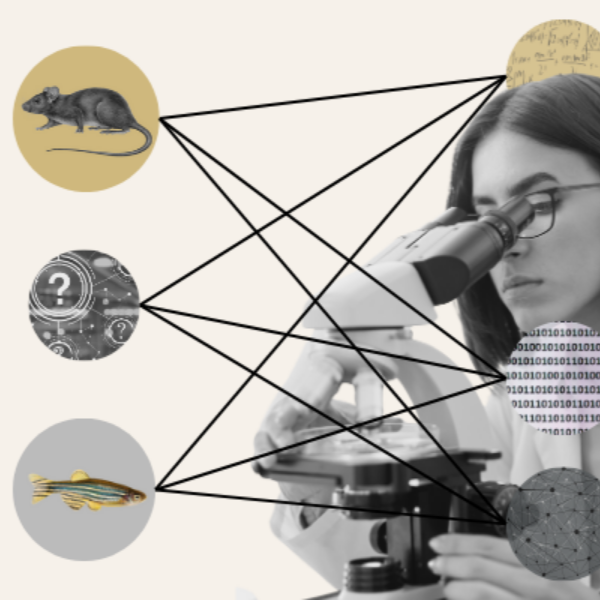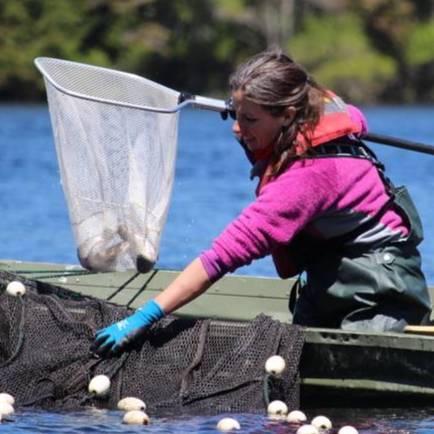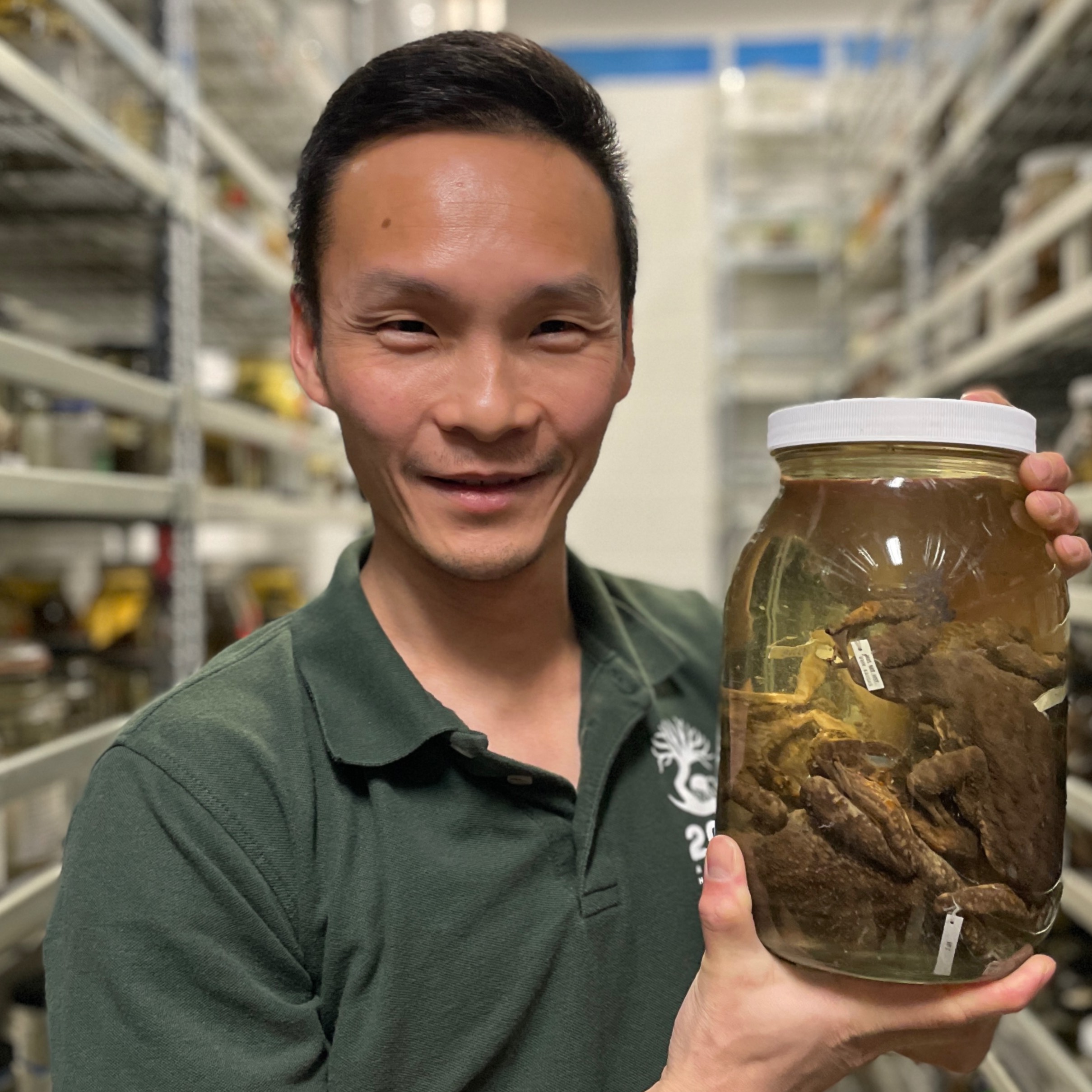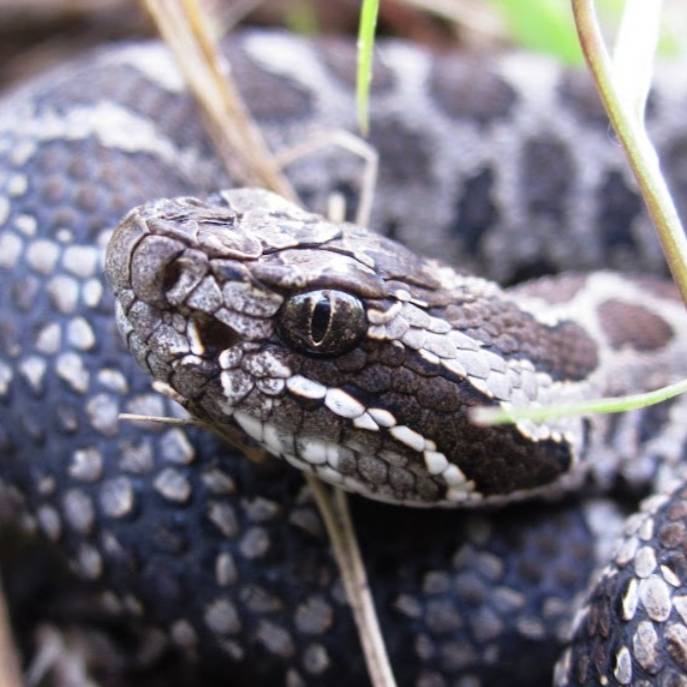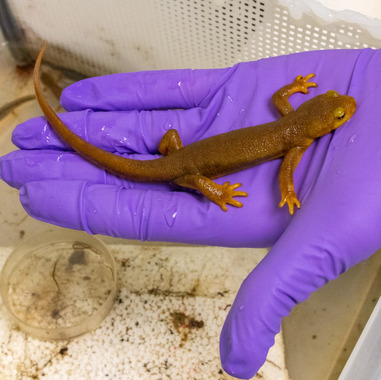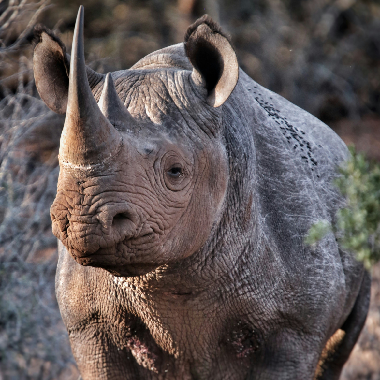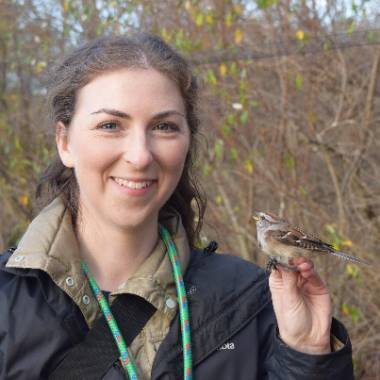News
January 6, 2026
While model organisms are essential for biomedical research, choosing the right model is complex, and finding equivalent molecular components across species poses challenges. Researchers at the University of Colorado Anschutz (CU Anschutz) and Michigan State University (MSU) have compiled a comprehensive and extensive survey of computational tools that are helping make these choices more accurately.
December 4, 2025
IBIO faculty members Nick Haddad, Phoebe Zarnetske, and Rich Lenski were recognized for exccellence in research and mentorship at the College of Natural Science's annual awards ceremony.
December 2, 2025
New approach revolutionizes flow cytometry’s potential for unculturable and understudied microbes
November 3, 2025
Reflections from scientists and passionate conservationists on the impact of a groundbreaking scientist, conservationist, and sometimes colleague.
October 23, 2025
The project will give farmers and local leaders science-based guidance to make informed decisions about land use and renewable energy.
October 21, 2025
Local adaptations could hold important keys for species survival.
August 27, 2025
Evolutionary biologist Chan Kinn Onn joins MSU's College of Natural Science and the MSU Museum to head the facility's vertebrate collection.
August 18, 2025
Inbreeding is hurting Michigan’s only rattlesnake. A long-term study shows how.
August 7, 2025
Barrick re-joins the MSU community to continue a landmark experiment and expand his research on honeybee microbiomes.
July 28, 2025
Spartan scientists are using the range to test something other than weapons: innovative strategies to save threatened species.
June 13, 2025
Kate Reitz, a 2012 environmental biology and zoology graduate in Michigan State University’s College of Natural Science, works as a biological science technician in Sleeping Bear Dunes
May 30, 2025
A cross-disciplinary team of MSU researchers aims to identify the genes responsible for producing one of nature’s most powerful neurotoxins.
May 21, 2025
Mariah Meek, a conservation biologist and molecular ecologist at Michigan State University, explains how the Trump administration’s proposed changes will impact the Endangered Species Act.
April 30, 2025
New Michigan State University research reveals a significant oversight in some academic publishing that could limit access for scientists with disabilities.
April 30, 2025
MSU ecologist Elena Litchman, a University Research Foundation Professor of aquatic ecology, was awarded a Fellowship from one of the world's premier ecological research societies.
